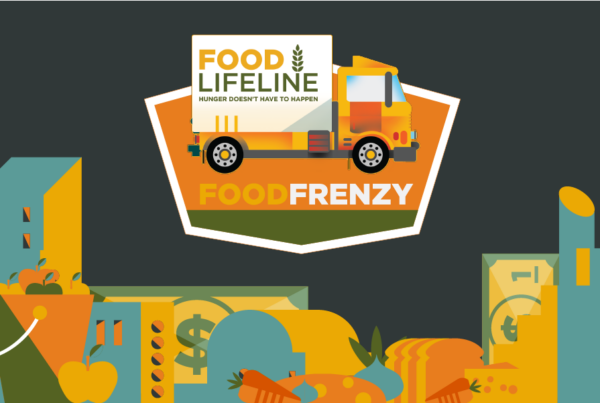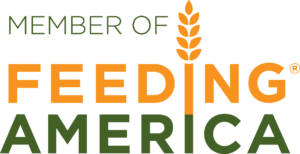The Washington State House of Representatives released their budget that includes funding for FOUR key anti-hunger programs.
Last week the House of Representatives released their budget that includes funding for FOUR key anti-hunger programs.
While there’s a long way to go before the final budget is signed by the Governor, this is a strong foundation. It also serves as an indicator that leaders in the legislature understand that hunger is still a problem and that they need to pitch in.
To stay up to date on this budget and more anti-hunger public policy, sign-up for our Advocacy Alerts. You’ll get 1-2 emails a month that will include ways for you to speak out and keep you up to date.
How Anti-Hunger Programs Faired in the House Budget
The house budget included funding for four key programs that Food Lifeline and other advocates have been working on for many years:
- Maintaining funds added to the Emergency Food Assistance Program (EFAP) in 2014 budget, for a total of $1.6 million over the next two years. These dollars will help food banks continue the additional programs or food purchase they began this last year to continue serving more people.
- Funding for staff and start-up grant support for Breakfast After the Bell (BAB) to ensure a smooth transition to help more kids get the food they need when they get to school in the morning.
- Fully funding State Food Assistance (SFA) at 100% of SNAP benefit levels, to ensure all families have equal access to these important benefits.
- Maintaining funds added to the Farmers Market Nutrition Program (FMNP) in 2014, to continue access for low income pregnant women, kids, and seniors to shop at farmers market.
To learn more about why these programs are so important, check out our past blog entries from earlier in the session about EFAP and BAB, and SFA and FMNP.
Additionally, the House budget includes new revenue – one of the key factors to providing the funding needed for these and other safety net programs. Through a modest excise tax on capital gains, reinstating B&O tax increase with credits for small businesses, and a handful of other, smaller measures the budget adds $1.5 billion in new revenue. For more on the revenue proposals, visit the Washington State Budget and Policy Center.





